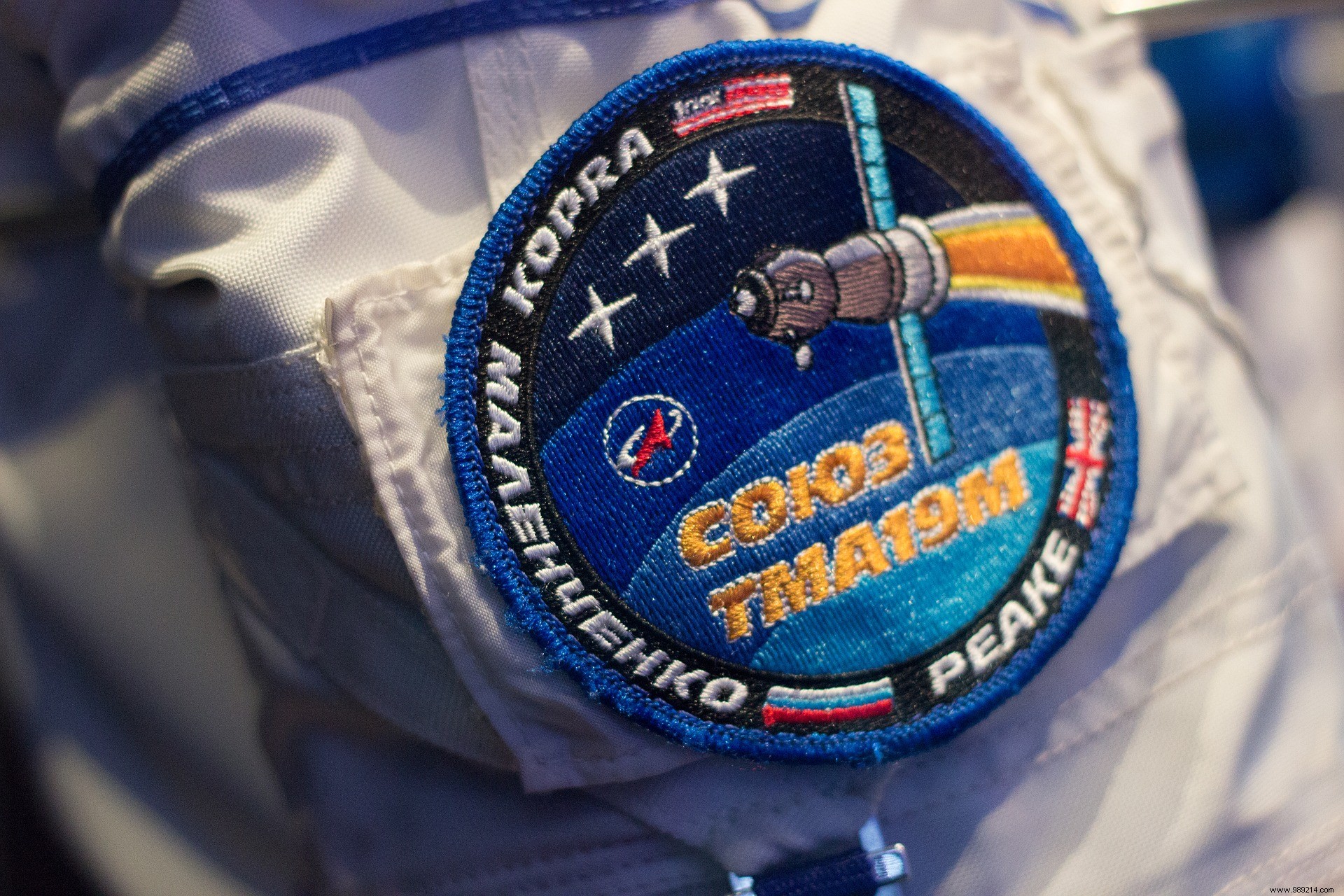Disappointed by the lack of results from the space agency Roscosmos, President Vladimir Putin plans to cut funding for its activities over the next three years. According to several Russian papers, the reductions will reach around 16% per year.
In its year 2020, the Russian space agency Roscosmos reportedly failed to achieve thirty of its 83 goals. This lack of performance obviously did not please President Putin. It has just taken several measures concerning the country's space program, which has been struggling to keep pace with its main competitors for several years.
For 2022, the state budget for space activities will thus be set at 210 billion rubles (about 2.5 billion euros) , which represents a reduction of 40.3 billion rubles (about 480 million euros) compared to the previous year. The budget will also be reduced by 16% over the following two years . The largest declines will be in "manufacturing technology activities" and "cosmodrome development".
According to Ars Technica, President Putin also urged Roscosmos to increase the reliability of Russian rockets and "master" the next generation of launchers in order to meet growing competition in the sector, particularly targeting SpaceX.

It will be interesting to see how the country's engineers, already among the lowest paid in the space sector, will react to these different expectations, while having to deal with these budget cuts , especially since for several years, the Roscosmos agency has been already facing budgetary pressures due to the loss of American income (astronauts now fly with SpaceX). These revenues are estimated at around 345 million euros or more per year. The company United Launch Alliance will soon do without the Russian RD-180 rocket engines.
So, more than ever, Russia's space program seems feverish, wedged between the flourishing programs of the United States and China, to the point of closing in on itself- same. Recall that a few days ago, Russia also already passed a new law prohibiting journalists or non-state-run publications from covering the progress of the country's space program , at the risk of being considered "foreign agents". In other words, foreign journalists, bloggers and other members of the press disseminating information about the Russian space program could put themselves in danger.
According to Ars Technica, this law would aim to present Roscosmos in a better light and distract from the country's declining status as a leader in space. Whether this will have the desired effect remains to be seen. Also according to Ars, several authors of popular scientific and educational blogs have already declared that they will pay more attention to foreign space activities, and less to Roscosmos.